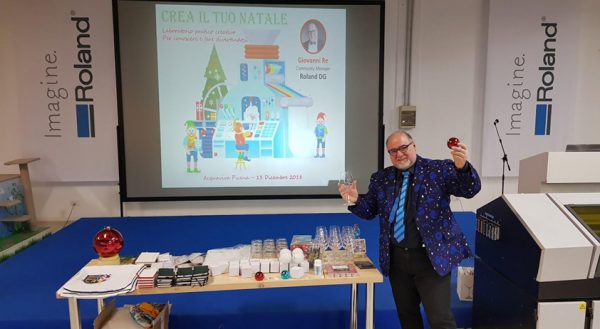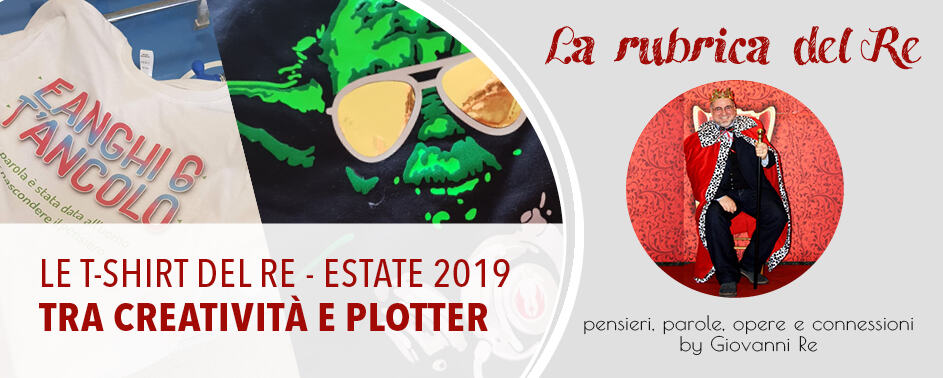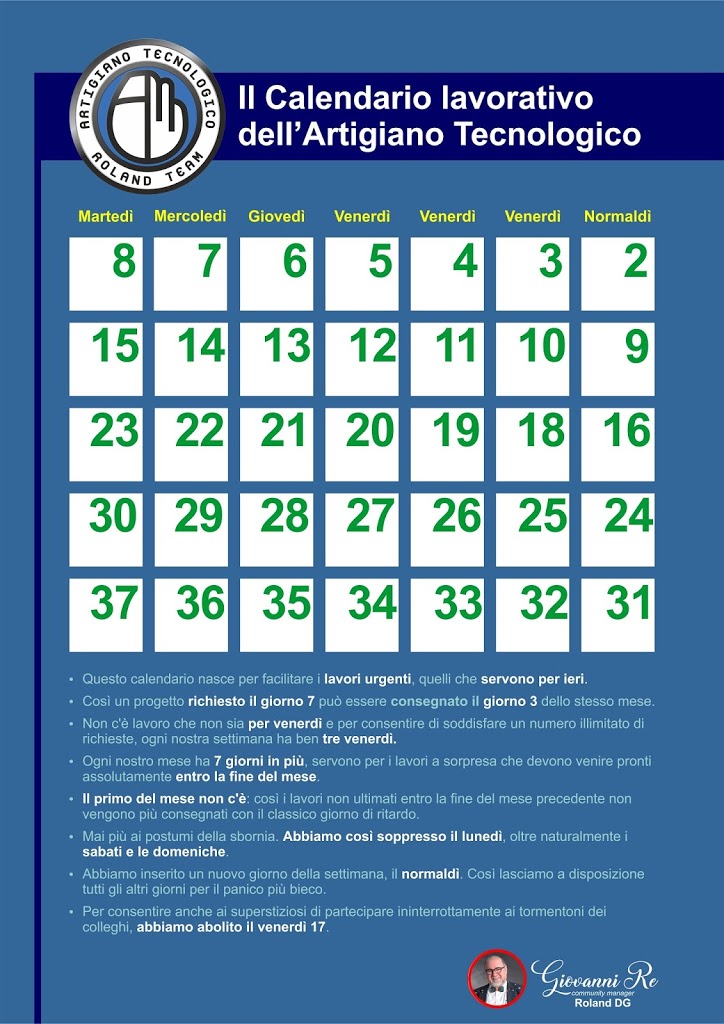
Ti sei chiesto da dove nasce la creatività? E’ una dote innata o la puoi alimentare. Diversi studi arrivano alle stesse identiche conclusioni. Uno degli studi più interessanti è quello di Robert Epstein che identifica le quattro competenze per esprimere la creatività.
- PRESERVARE – Salvaguardia le nuove idee che ti arrivano. Fai uno schizzo. Mettile da parte.
- SFIDARE – Guida te stesso a problemi difficili da risolvere.
- AMPLIARE – Più varia è la tua conoscenza, più interessanti saranno le interconnessioni che incrementeranno la tua creatività. Devi semplicemente imparare nuove cose interessanti.
- CAMBIARE – L’ambiente che ti circonda, le persone che frequenti, i libri che leggi sono sempre gli stessi?
Dal sito di Epstein potete fate un test per vedere quanto siete creativi, Epstein Creativity Competencies Inventory for Individuals (ECCI-i).
Il mio indice di creatività è stato un ottimo 86%.
Per i più curiosi ecco i risultati nei dettagli:
Results for Giovanni Re
May 30, 2008
Thanks for taking the ECCI! Your scores, which are listed below, are an indication of the level of competency you currently have in 4 different skill areas that are important for the expression of creativity. Your Total Score reflects your overall skill level. While it’s not necessary that you be adept in all of these areas, the stronger your skills, the more creativity you are likely to express. The good news is that all of these competencies are trainable; that is, there are books you can read, seminars you can attend, and videos you can view that will improve your abilities in each and every area. The Big Book of Creativity Games contains 48 games and exercises you might find helpful.
The highest possible score in each area is 100, and so is the highest possible Total Score. Wherever your score is under 100, some improvement is possible. If your score is below 85, you probably should be concerned. If your score is below 65, it’s especially important that you work on your skills in this area. If your creativity skills are poor, you’ll probably have trouble expressing creativity; strengthening your creativity skills can boost your creative output dramatically.
Here is your profile!
Your Total Creativity Competency Score is 86%
Your scores in each of the 4 different skill areas are as follows:
Preserves New Ideas 92%
Seeks Challenges 83%
Broadens Skills & Knowledge 83%
Changes Environment 88%
This is the most important of the 4 competency areas and also the easiest to learn and master. People who express alot of creativity capture and preserve their new ideas as those ideas occur to them. They capture now and evaluate later, recognizing that almost any new idea might have value. They use devices to help them capture ideas: artists carry sketch pads, for example, and writers carry memo pads or voice recorders. When no recording device is available, they scribble on napkins or call their own answering machines to avoid losing an idea. People who are good at capturing also make themselves aware of certain times and places that help the ideas to flow, and they deliberately use those special times and places to observe their own thoughts and record new ideas. They also make deliberate use of dreams, daydreams, and the hypnogogic (semi-sleep) state as sources of new ideas; both Thomas Edison, the great inventor, and Salvadore Dali, the great artist, did so frequently.
Seeks Challenges: 83%
Challenge, and even failure, help stimulate new ideas through a process Epstein calls “resurgence.” People who express alot of creativity often seek out challenging situations deliberately. They don’t fear failure; rather, they see it as an opportunity for growth. Strong stress-management skills can be especially helpful in allowing people to flourish in difficult situations.
Broadens Skills and Knowledge: 83%
Epstein’s laboratory research has shown that new ideas occur as previously established ideas compete and become interconnected; the more interesting and diverse the previously established ideas, the more novel and interesting the potential interconnections. Therefore, one of the most powerful ways to spur creativity is by learning new things–the farther outside one’s current areas of knowledge and expertise, the better. This can mean taking courses on exotic topics, surfing new areas of the Internet, subscribing to magazines on topics one knows nothing about, and so on.
Changes Physical and Social Environment: 88%
Epstein’s research also shows that creativity is stimulated when we are exposed to novel or ambiguous stimuli. Therefore, one can increase one’s creative output by deliberately manipulating both the physical and social environment: redecorating one’s work or living space, putting unusual objects on one’s desk, hanging out with new and unusual people, bringing together unusual combinations of friends, and so on. Static, boring environments generally inhibit creative expression.






